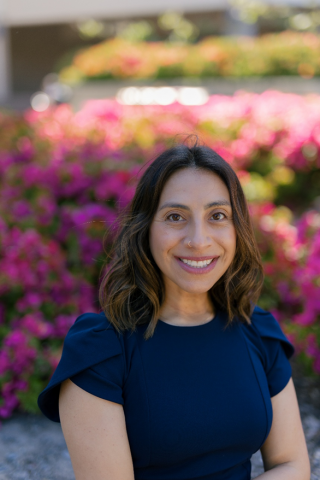UCLA CHANCELLOR'S POSTDOCTORAL FELLOWS, 2025-26
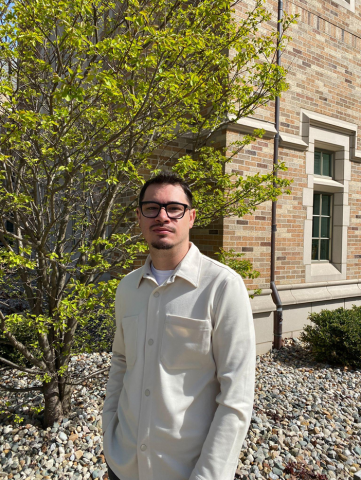
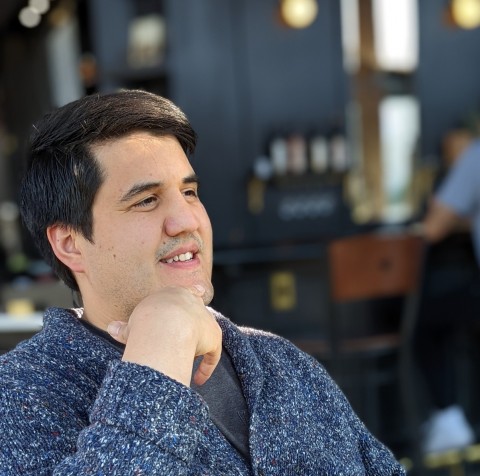
Emilio Leal Cárdenas was born and raised in Fresno, California. He earned his bachelor’s degree in chemistry from California State University, Fresno. In 2014, he pursued doctoral studies at Purdue University under the supervision of Prof. Arun K. Ghosh. His doctoral studies focused on the design and synthesis of potent and selective aspartic acid protease inhibitors as potential treatments for Alzheimer’s disease, Type-2 Diabetes, and HIV. In 2019, he started postdoctoral studies at the University of Michigan under the supervision of Professor Amanda L. Garner. His postdoctoral work focused on the design and synthesis of m7GMP-derived cap-binding inhibitors of eIF4E as a potential treatment for cancer. In 2025, he joined the group of Professor Osvaldo Gutierrez to work on the development of multicomponent iron-catalyzed radical cross-coupling reactions. Cárdenas will be mentored by Osvaldo Gutierrez, professor in the Department of Chemistry and Biochemistry.
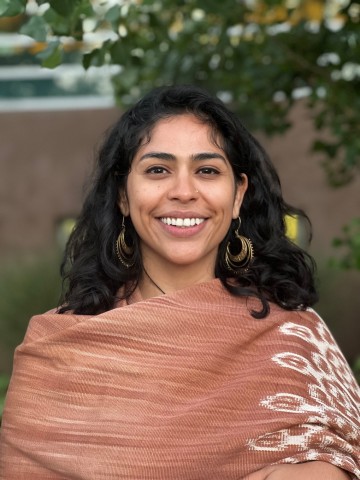
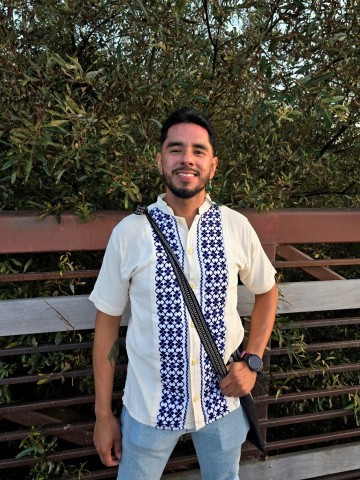
Mario Gómez Zamora is a scholar of queerness, gender and sexuality, migration, memory, Latinx studies, dance studies, Indigenous performances, and P’urhépecha studies. He earned his PhD and MA at UC Santa Cruz in Latin American and Latino studies with an emphasis in anthropology. He holds a master’s in teaching history from Universidad Michoacana de San Nicolás de Hidalgo, and a BA in secondary education with a concentration in history from Normal Superior Juana de Asbaje in Michoacán. Gómez Zamora is a first-generation P’urhépecha and mestizo scholar (the son of a mestiza mother and a P’urhépecha father) originally from Tangancícuaro, Michoacán, where he was raised by his grandparents, aunts, and sister. For over a decade, he has collaborated with P’urhépecha youth and elders in the recollection of oral histories in his community of origin, which culminated in the multilingual publication Entre el Recuerdo y la Memoria: Historias de Patamban. As a UCLA Chancellor’s Postdoctoral Fellow, he will work on his book project "Queer P’urhépecha Histories and Performances Beyond Borders," in which he explores the cultural tensions that queer Indigenous P’urhépechas face when participating in their communities’ traditions and ceremonies in both sites of the border. Gómez Zamora will receive mentorship from Professor Jason De León in the Department of Anthropology, who will help Mario to analyze systemic issues related to the murder and migration of queer P’urhépechas.
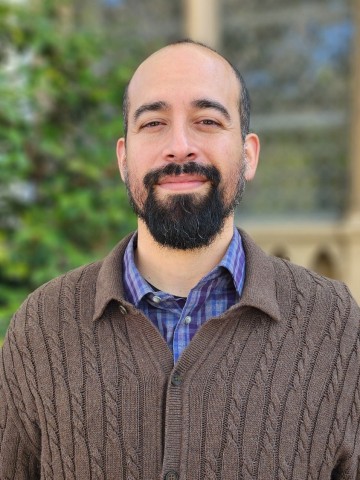
Isidro González Granados held a Post-Doctoral Fellowship in History at Claremont McKenna College. He earned his PhD at UC Santa Bárbara. His research explores histories and legacies of eugenic practices, methods, and data in the 20th-century U.S. Southwest. Specifically, he looks at the roles of social workers, science, and the state in race-making through disability, disabled subjects, and disability experts at sites of confinement and exclusion, such as institutions for people deemed “feebleminded” and the Mexico-U.S. border. One of his current projects delves into the history of behavioral interventions and how racialized subjects experienced them in the post-World War II era. In support of his work, he received the Andrew Vincent White and Florence Wales White Scholarship in the Medical Humanities from the University of California Humanities Research Institute (UCHRI) for a project that showed how intimate dialogue between observer and observed demonstrated ways in which bedside manner, cultural insensitivity, and an ideology that some bodyminds are worth more than others led to long lives of confinement, surveillance, and sexual sterilization for patients/inmates or, for eugenic professionals, to successful, generative, and long careers in the sciences. His work has appeared in Southern California Quarterly and Sage Research Methods: Diversifying and Decolonizing Research. González Granados will be mentored by Alexandra Minna Stern, Dean of the College of Humanities and professor in the Department of English, History, and Institute for Society and Genetics. González Granados’ fellowship appointment will be in the Department of History.
